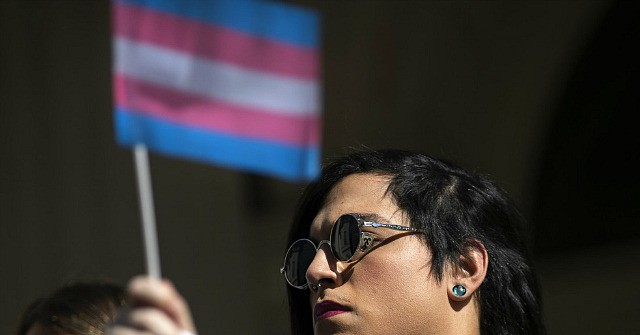
The NCAA is no stranger to facing criticism from the right. However, now, the collegiate athletic governing body is facing fire from the left due to their decision to host baseball tournaments in states that have passed laws requiring athletes to participate according to their assigned gender at birth, not their gender identity.
In the past, the NCAA targeted states that passed bills regulating restroom access according to biological sex by canceling tournaments. Though, with so many states passing legislation to participate in sports teams based on biological sex, the collegiate organization is having a tougher time making political moves.
In North Carolina, for example, NCAA pulled events because of its “bathroom” law. Yet, now it is holding Division 1 softball regional tournaments in three states — Alabama, Arkansas, and Tennessee — which recently passed bills that bar biological males who “identify” as female from competing against biological women.
The Washington Times reported on the development:
Athlete Ally and GLAAD accused the NCAA of “going back on its word” with its May 16 decision, citing its policy that “only locations where hosts can commit to providing an environment that is safe, healthy and free of discrimination should be selected.”
Human Rights Campaign President Alphonso David said that the “NCAA should be ashamed of themselves for violating their own policy by choosing to hold championships in states that are not healthy, safe, or free from discrimination for their athletes.”
In a Wednesday letter, 50 current and former transgender and non-binary student athletes called on the NCAA to stop holding championship games in states with “transgender athlete bans,” and to relocate tournaments from states that pass such legislation, as the NCAA did in 2016 when it moved seven games out of North Carolina.
Some news for @SInow: 50 current and former transgender and nonbinary college athletes have signed a letter to the NCAA over the organization’s recent decision to hold softball regional events in states that have signed anti-trans sports bills into law https://t.co/uItEID4C3S
— Julie Kliegman (@jmkliegman) May 26, 2021
“Selecting states with discriminatory policies as sites for championship games goes directly against this policy by effectively banning transgender student-athletes simply for being who they are,” a joint statement said. “We call on the NCAA to reverse this decision and support the right of all student-athletes — including transgender student-athletes — to be safe, healthy, and free of discrimination while participating in NCAA events.
“Now in 2021, the NCAA is hosting championship events in Alabama, Arkansas, and Tennessee where anti-transgender legislation specifically targets trans and non-binary athletes and bans their participation in sport,” a letter written by Athlete Ally said. “What changed? Why did our rights matter five years ago but not today?”
Seven states in the last year have signed into law Fairness in Women’s Sports bills, with more expected before the end of the legislative session.
Four of those states belong to the Southeastern Conference [SEC], a dominant athletic conference and major moneymaker that generated $729 million in revenue in 2019 and 2020, only behind the Big Ten, according to USA Today.
Florida Republican Gov. Ron DeSantis has said he will sign SB 1028, which would make it the fifth SEC state to pass this type of law.
“Also passing such measures this year are Montana and West Virginia, following Idaho, which became the first state to sign the bill into law in 2020,” the Times reported. “The Idaho law has yet to take effect after being hit with a preliminary injunction pending a lawsuit. The American Civil Liberties Union sued Wednesday to block the West Virginia bill, and other such lawsuits are expected to follow.”
On Thursday, Louisiana lawmakers approved a Fairness in Women’s Sports bill, but Democrat Gov. John Bel Edwards is expected to veto it.
In an April 12 statement, the NCAA said it would “continue to closely monitor these situations to determine whether NCAA championships can be conducted in ways that are welcoming and respectful of all participants.”
Follow Penny Starr on Twitter or send news tips to [email protected]
Related posts:
Views: 0
 RSS Feed
RSS Feed
















 May 30th, 2021
May 30th, 2021  Awake Goy
Awake Goy  Posted in
Posted in  Tags:
Tags: 
















